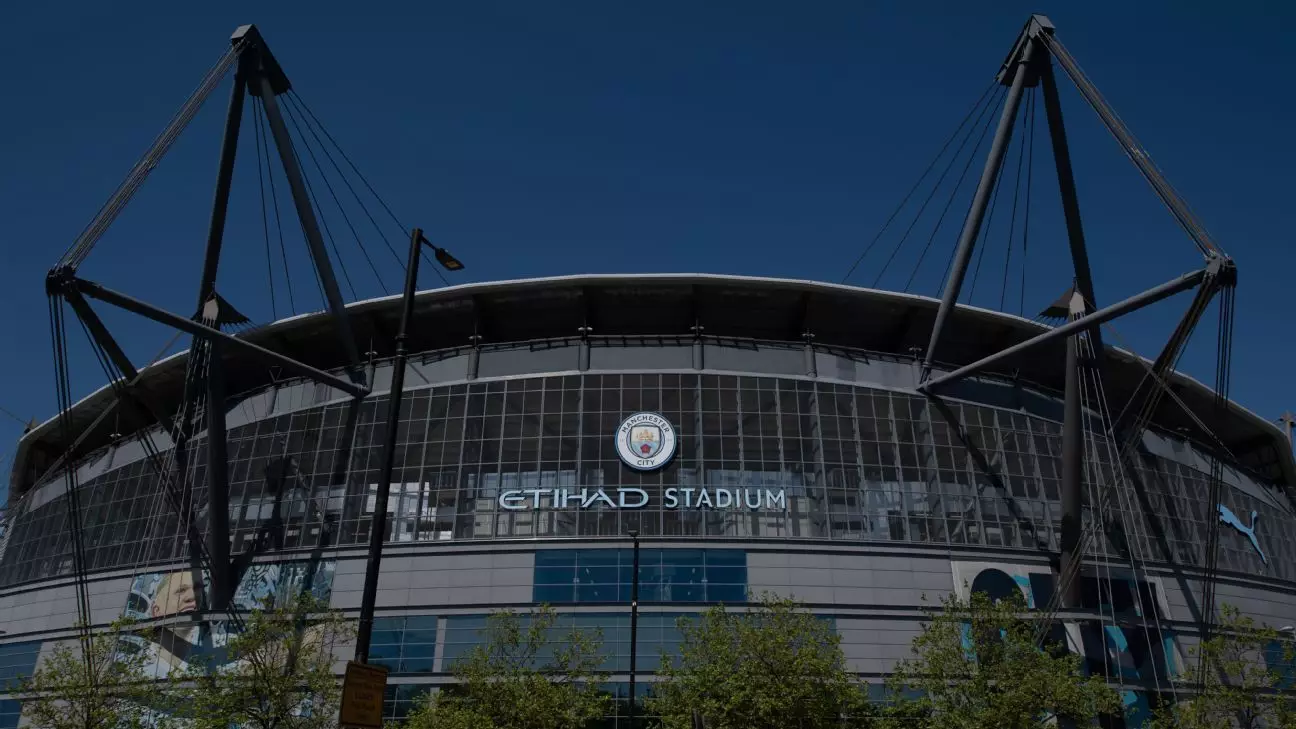In a landmark case that has captured the attention of the footballing world, Manchester City recently concluded its legal challenge against the Premier League regarding the Associated Party Transactions (APT) rules. These regulations aim to limit the influence of club owners in commercial dealings by ensuring that sponsorship agreements reflect fair-market value. The dispute, which erupted in June, is now surrounded by a cloud of ambiguity as both parties declare a nuanced victory following the ruling of an independent arbitration panel.
The APT rules were established in December 2021 after growing concerns over potential financial malpractices following the Saudi Arabia-backed takeover of Newcastle United. A critical component of these rules is to prevent clubs from engaging in inflated sponsorship deals, particularly when such deals are tied to entities associated with their ownership. City, owned by Sheikh Mansour bin Zayed al Nahyan of Abu Dhabi, has several sponsorship arrangements with UAE-based firms, including its lucrative partnerships with Etihad Airways and First Abu Dhabi Bank.
The arbitration panel’s findings, detailed in a 175-page document, have cast a complicated shadow over the narrative of victory. On one hand, the Premier League has gained validation, as the panel deemed the APT framework a fundamental aspect of the competition’s regulations. The league can assert that the very existence of the APT rules was upheld. Conversely, City successfully argued that some components of these rules were unlawful, particularly the exclusion of shareholder loans, which are interest-free funds provided by club owners.
Legal experts have described the outcome as a “score-draw.” The Premier League maintained its core APT guidelines, yet City demonstrated that not all aspects of these guidelines meet legal standards. This situation creates a scenario where both sides can claim success, albeit with significant implications for the future. Importantly, the latest ruling remains separate from ongoing investigations into City’s alleged violations of 115 Premier League regulations that date back several seasons.
The ruling indicates an important shift in how the Premier League will assess its member clubs and their financial dealings. While shareholder loans have often been overlooked in the evaluation of financial sustainability, the panel’s ruling will force the Premier League to reconsider how it interprets these transactions. By integrating shareholder loans into the APT rules, the Premier League seeks to ensure that clubs receiving these interest-free loans aren’t gaining an unfair competitive advantage.
This adjustment could have far-reaching consequences, potentially affecting many clubs across the league. Estimates suggest that up to nine clubs might have to reassess their financial practices in light of this change. The implementation of stricter scrutiny regarding financial advantages derived from ownership-related loans could lead to a more level playing field but will require significant collaboration among Premier League stakeholders to amend existing regulations.
Although both Manchester City and the Premier League have framed the outcome of this arbitration as a form of victory, the question remains: what tangible consequences will arise? The most significant change appears to be the necessary amendment of the APT rules to include shareholder loans within their purview. Yet, this adjustment may not drastically alter the financial landscapes of clubs already benefitting from these loans.
Critics argue that the adjustment may not fundamentally disrupt the large financial advantages extracted through sponsorship agreements, which are often much larger than any implications brought about by interest on loans. For instance, if a club with a significant interest-free loan now faces the burden of a small additional payment due to interest, the impact may seem moot when countered against millions in sponsorship revenue deemed to exceed fair market value.
With Manchester City currently facing severe scrutiny from the Premier League regarding its historical financial practices, the fallout from this arbitration may further complicate the ongoing independent hearings about alleged breaches from 2009 to 2018. Importantly, the APT regulations which emerged post-2021 are unrelated to the previous charges leveled against City.
However, a decisive victory here could have worked in favor of City, potentially undermining the Premier League’s authority and its stance as a governing body. As it stands, neither party has endured a significant blow to its reputation thanks to the arbitration outcome. For Manchester City, the ability to challenge the APT rules marks a pivotal moment in their history; yet, for the Premier League, the necessity of amending these regulations brings a host of new challenges.
While the legal battle between Manchester City and the Premier League may appear settled for now, with both sides claiming a modicum of victory, the ramifications of this decision are likely to resonate throughout English football for years to come. Adjusting rules to comply with competition laws is a minor victory in the grand scheme, but one that may play a crucial role in determining the landscape of financial fairness within the league.

